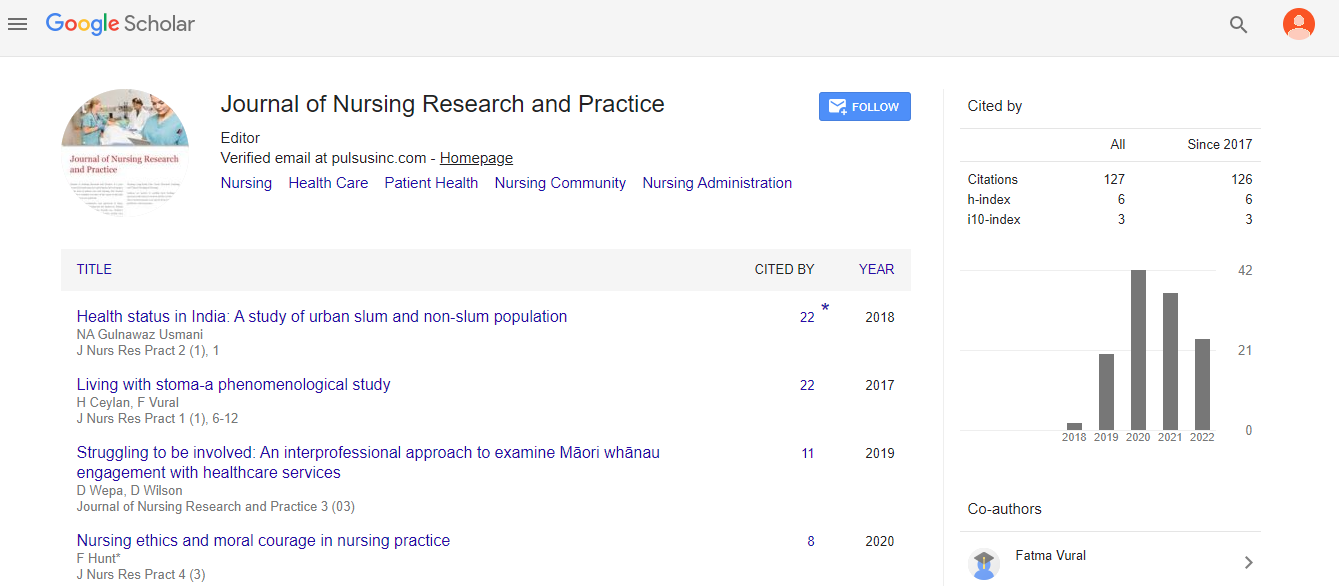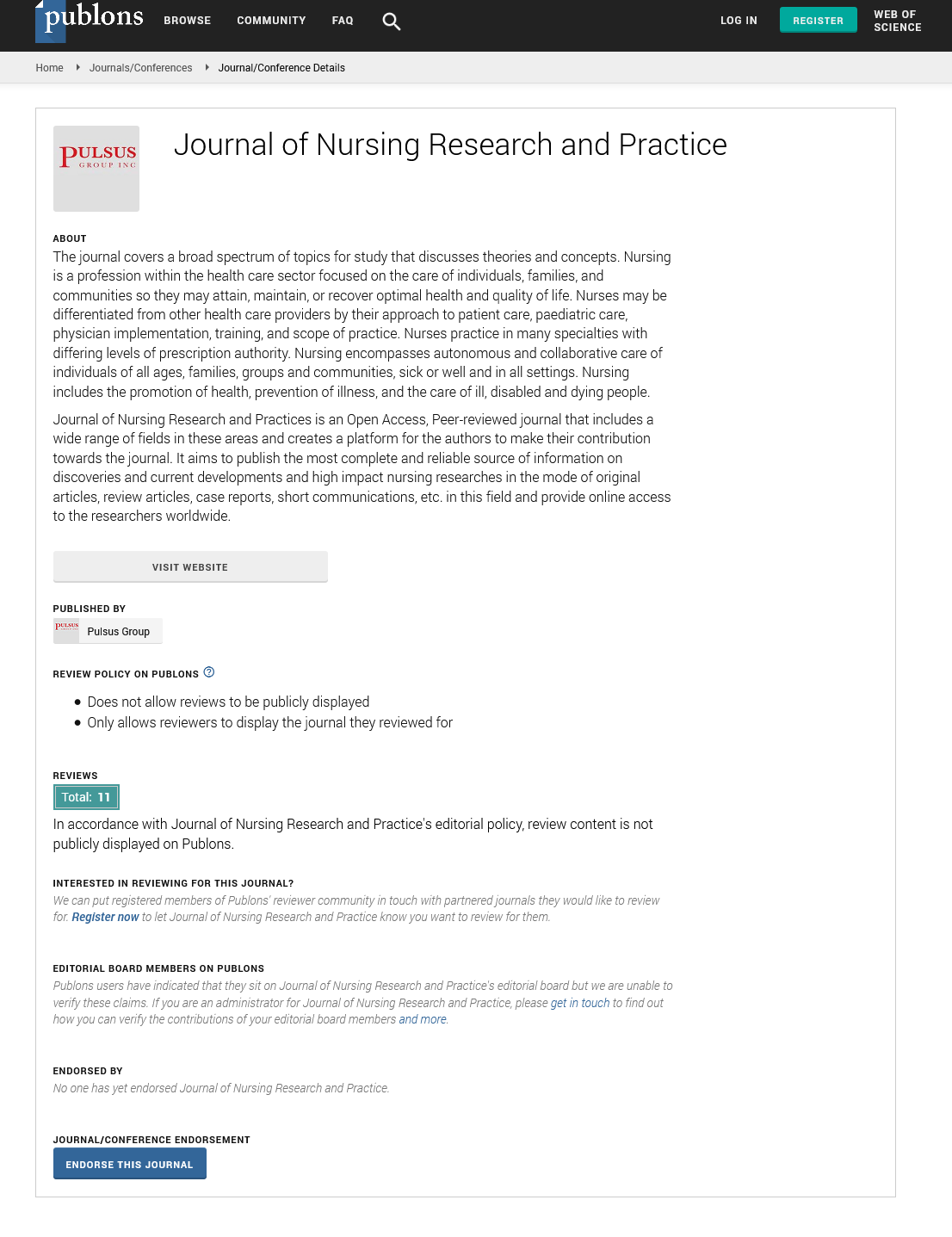Transdisciplinarity: What competencies do future healthcare managers need to succeed?
Received: 29-Aug-2018 Accepted Date: Feb 21, 2019; Published: 28-Feb-2019
Citation: Al-Maqbali M. Transdisciplinarity: What Competencies do Future Healthcare Managers Need to Succeed?. J Nur Res Pract.2019;3(1): 5-12.
This open-access article is distributed under the terms of the Creative Commons Attribution Non-Commercial License (CC BY-NC) (http://creativecommons.org/licenses/by-nc/4.0/), which permits reuse, distribution and reproduction of the article, provided that the original work is properly cited and the reuse is restricted to noncommercial purposes. For commercial reuse, contact reprints@pulsus.com
Abstract
Educated primarily as clinical experts, healthcare managers frequently lack the core competencies of leaders. In this quantitative study, 18 Ministry of Health subject matter experts in the Middle East provided feedback about the importance and frequency of 37 healthcare manager competencies reported in the literature. Data were then used to determine the criticality of each competency. Staffing management, cross-cultural communication, technical excellence, building relationships and evidence-based practice received the highest individual criticality scores. The data also indicated healthcare leaders should use a transdisciplinary approach that leverages a strong clinical foundation while also developing multidisciplinary human resources (HR) competencies. Transdisciplinarity: What competencies do healthcare managers need to succeed? Functioning as catalysts for change, leaders often are the key to organizational success. In an environment of economic instability, increased competition, and workforce shortages, organizations need leaders to inspire and motivate stakeholders to embrace change. Unlike managers, who have a short-term focus that tends to maintain the status quo, leaders are visionary agents of change who foster innovation, develop people, and inspire trust. Unfortunately, many mid-level healthcare managers are ill prepared to manage staff or drive results. Educated primarily as clinical experts, healthcare managers frequently lack the core competencies of leaders. As a result, many managers are disengaged






